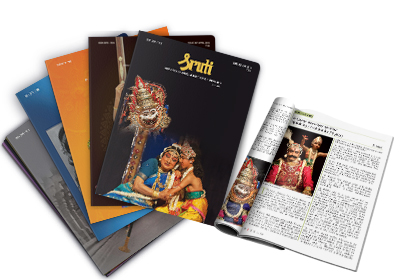
Born in Madras in 1873, Pammal Vijayaranga Sambanda Mudaliar has been acknowledged as the father of modern Tamil theatre. When he started his career as a lawyer he detested Tamil plays, which he saw as obscene and crude, but held some respect for English theatre in India. In 1891, he happened to watch a performance by the great Telugu actor Dharmavaram Ramakrishnamacharyulu in Chennai. He also learnt that the actors of that group, the Sarasa Vinodini Sabha, worked in high government positions. Much impressed, he turned to theatre seriously and started the amateur Suguna Vilasa Sabha the following year. He staged the first social drama, Pushpavalli in 1893, and adapted English and Sanskrit language plays. These were received with much enthusiasm. Educated people joined the Sabha and began acting. Songs were given a back seat, prose gained significance, and realistic acting was stressed. Mudaliar changed stage conventions, creating new sets and scenery that surprised viewers. T. P. After retiring as a judge, Mudaliar continued acting for it, and wrote 94 plays in all, playing the lead in most. All of these were premiered by Suguna Vilasa Sabha, but other sabhas or groups produced their own versions. His Lilavati-Sulochana, Manohara, Amaladitya an adaptation of. Shakespeare`s Hamlet, Makapati (Macbeth) and Sabhapati were the earliest Tamil plays in prose dialogue in the midst of Puranic musicals. Quite a few of his plays were cinematized later, such as Yayati in 1908, Ratnavali, adapted from Harsha in 1910, and the originals mentioned above. He was also the only person of his generation to voluminously record his experiences and views, documenting the theatre history of that period. He left behind six volumes of stage memoirs and a handbook for actors. Mudaliar`s productions brought to the forefront the dignity of theatre as a profession and dealt with actors as respectable citizens. Eminent personalities patronized his shows. He was responsible for earning theatre a legitimate space in the cultural activity of Tamil Nadu. Following his footsteps, high-placed officials formed their own sabhas, literate youth were drawn to theatre, and many district sabhas began. His troupe toured the districts as well as Mumbai, Kolkata, Delhi, Ceylon, Burma, Malaya, and Singapore, making expatriate Tamils interested in theatre. Sambanda Mudaliar died in 1964.


